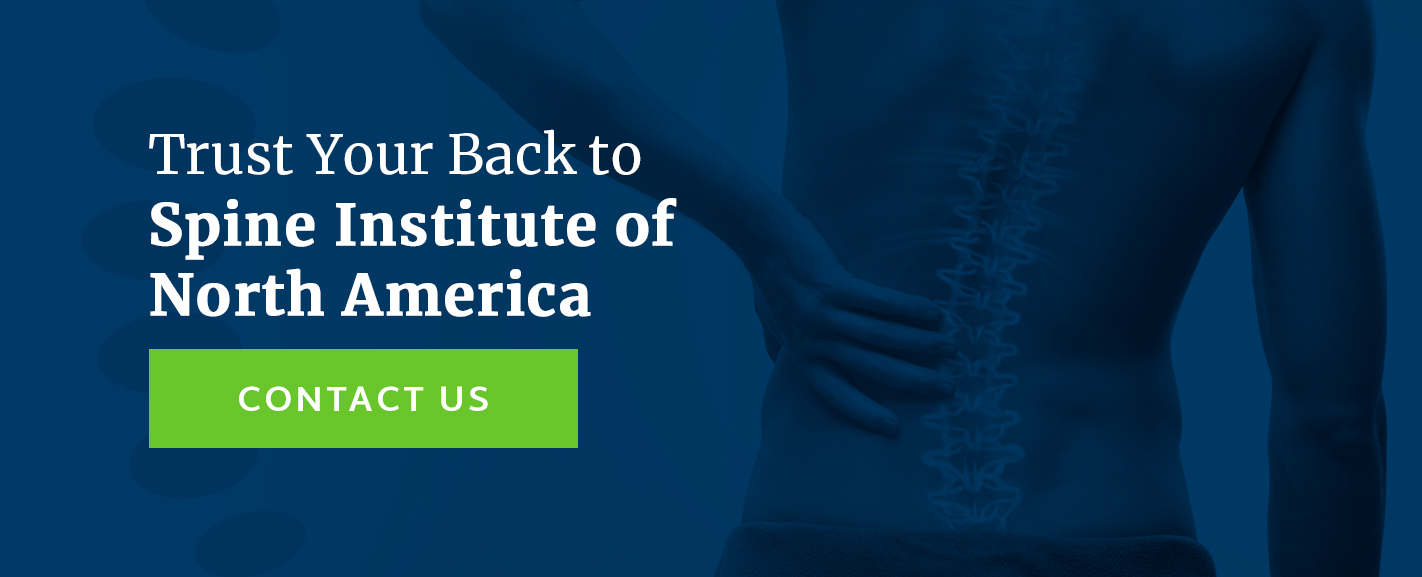This content was medically reviewed by Baher S. Yanni, MD, on May 10th, 2017.
Have you ever bent down to pick up a child’s toy or sneezed while putting clean laundry in a drawer and experienced sharp pain? While there could be many different causes for your back pain, the odds favor a pinched nerve. Pinched nerves can happen in individuals of all ages in a wide variety of places. However, pinched nerves in the neck or back are exceptionally common. If you get a pinched nerve, there are specific ways you can recognize it and a few things you or your medical practitioner can do to help.
What is a pinched nerve?
A pinched nerve is pretty much what it sounds like. It’s an acute onset of pain where a nerve is being constricted in some way. Because nerves have no way to protect themselves from all the tissue surrounding them, repetitive motions or stationary positions can make these nerves vulnerable to compression. A nerve can be compressed between two bones, a bone and a ligament, or simple by inflamed soft tissue. While most pinched nerves are acute, meaning that the symptoms will resolve with time, some chronic conditions involve prolonged pinched nerves such as sciatica.
How do I know if I have a pinched nerve?
There are a couple of ways to distinguish a pinched nerve from other types of back and neck pain. One of the most clear signs of a pinched nerve is the quick onset of sharp pain. You could also experience other symptoms that can help to narrow down a diagnosis. Perhaps you experience radiating pain down an extremity that starts close to where the main point of pain seems to be. Perhaps you get numbness, tingling, or weakness in an extremity as well. Does your pain feel like “pins and needles” sometimes? These are all common symptoms that point back to a pinched nerve.
What are common treatments for pinched nerves?
Treating a pinched nerve isn’t always a simple and straightforward process, however, there are things to can do in order to get some pain relief and help to alleviate any other symptoms. Because pinched nerves can occur because some soft tissue is inflamed, you will want to help to reduce any inflammation. Ice is an excellent choice to help reduce any symptoms and to help reduce inflammation. Rest is also another option to help calm a nerve after an acute case. However, if you’re having continued symptoms and regular flare ups of a specific pinched nerve, it’s definitely time to see a doctor. Options like physical therapy or steroid injections may be necessary to help calm the tissue surrounding the nerve in order to give everything a chance to heal. On the extreme end, if there is tissue continually impinging a nerve, such as a bone fragment or scar tissue, you may need a simple surgery to remove that tissue so the nerve can heal.
If you struggle with pinched nerves in your neck or back, the doctors at the Spine INA can help you find relief with a variety of treatment techniques, from sciatica treatment to steroid injections. Contact our East Windsor location today in order to schedule your consultation.










Leave a Reply